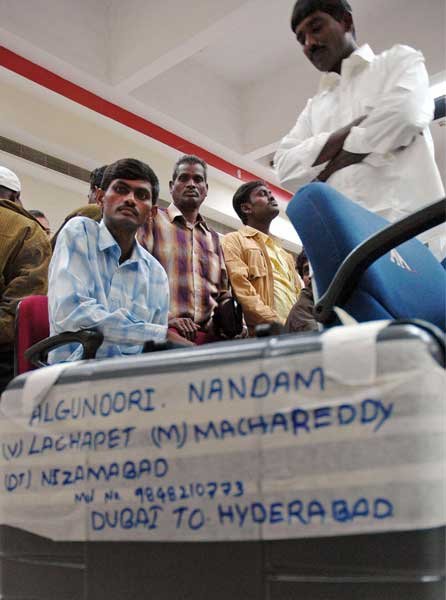
Shimla, Jan 28,
A joint committee constituted by the National Green Tribunal (NGT) has identified significant violations of environmental regulations at the ACC Limited cement plant, owned by the Adani Group, in Barmana, Himachal Pradesh’s Bilaspur district. The committee, headed by Sub-Divisional Magistrate Abhishek Garg, submitted its report to the tribunal on January 24, highlighting glaring shortcomings in compliance measures.
The report identified three major issues at the plant: inadequate dust emission control measures, failure to implement a mandatory three-layer tree plantation along the plant’s boundary, and flaws in the truck tyre washing systems, particularly in addressing oil and grease removal from recycled wastewater.
The tribunal, in its order on Monday, scheduled the next hearing for February 25, 2025.
Previous penalties and violations
The Himachal Pradesh Pollution Control Board (HPPCB) had imposed a hefty environmental compensation of ₹1.29 crore on the cement plant in April 2022. This penalty covered two key violations: a breach of air quality standards (₹1.10 crore) between January 2021 and December 2021, and untreated water discharge (₹19.50 lakh) between February and April 2022.
The committee also reported receiving seven complaints against the plant from local residents over the past three years, alleging severe environmental degradation caused by its operations.
Site visit and findings
The committee, which included scientist Dr. Narender Sharma from the Central Pollution Control Board (CPCB) and HPPCB Regional Officer Pawan Sharma, visited the plant on January 18, 2025. At the time of inspection, the plant was undergoing annual maintenance (January 3 to February 8), with only one kiln operating at 40% capacity. The committee noted the need for a more detailed investigation under full-capacity operations and requested an additional eight weeks to submit its final findings.
The report stated that dust emissions were observed near the clinker, ash, and cement silos, causing significant distress to residents in nearby areas. It noted that despite previous directions to implement measures to control accidental pollutant discharge, especially during grid failures, the plant had not acted upon these recommendations.
Long-Standing compliance issues
The report further highlighted non-compliance with the consent to operate conditions, including the failure to establish a three-layer tree plantation to mitigate air and noise pollution. The truck tyre washing system installed at the raw material exit point lacked a mechanism to remove oil and grease from recycled wastewater. Additionally, the plant was still in the process of installing a tyre washing system at the cement exit point, necessary to prevent the spread of dust outside its premises.
In December 2024, the NGT directed the committee to review the implementation of its 2015 judgment, wherein an environmental compensation of ₹50 lakh had been imposed on the plant. The committee noted that it was still examining the documents submitted by the plant regarding compliance with that judgment.
Resident complaint
The investigation followed a complaint lodged by Kashmir Thakur, a resident of Khetad village near Barmana, in September 2024. Thakur alleged that the plant’s dust separation system was either improperly installed or malfunctioning, leading to the accumulation of cement dust on roads, pathways, and residential areas. This, he claimed, had caused severe health and environmental issues for residents.
Thakur also alleged that the plant failed to effectively control fugitive emissions, further aggravating the environmental impact in the region.
The tribunal will consider the committee’s preliminary findings and pending compliance issues at the next hearing.

The HimachalScape Bureau comprises seasoned journalists from Himachal Pradesh with over 25 years of experience in leading media conglomerates such as The Times of India and United News of India. Known for their in-depth regional insights, the team brings credible, research-driven, and balanced reportage on Himachal’s socio-political and developmental landscape.










